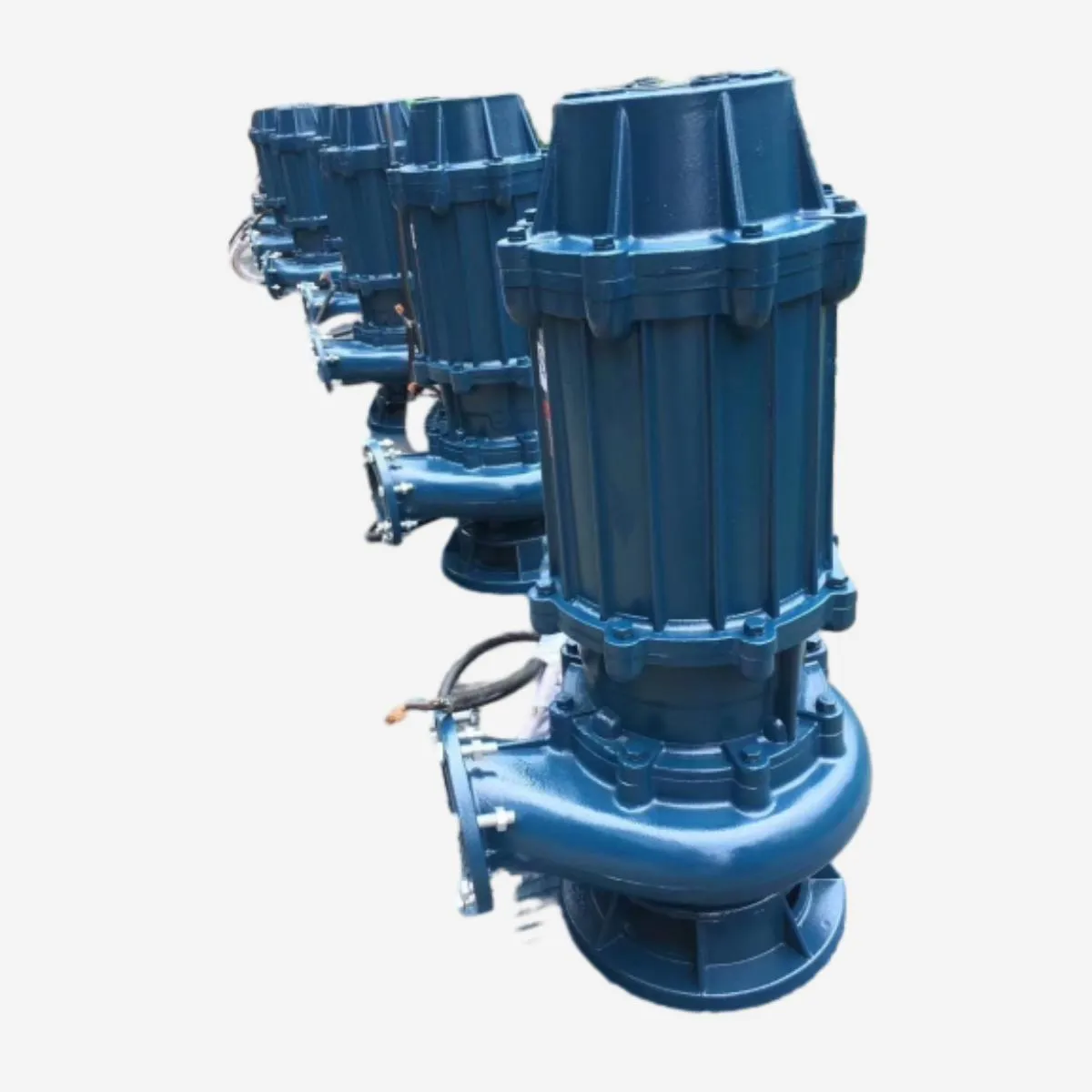English
- Afrikaans
- Albanian
- Amharic
- Arabic
- Armenian
- Azerbaijani
- Basque
- Belarusian
- Bengali
- Bosnian
- Bulgarian
- Catalan
- Cebuano
- Corsican
- Croatian
- Czech
- Danish
- Dutch
- English
- Esperanto
- Estonian
- Finnish
- French
- Frisian
- Galician
- Georgian
- German
- Greek
- Gujarati
- Haitian Creole
- hausa
- hawaiian
- Hebrew
- Hindi
- Miao
- Hungarian
- Icelandic
- igbo
- Indonesian
- irish
- Italian
- Japanese
- Javanese
- Kannada
- kazakh
- Khmer
- Rwandese
- Korean
- Kurdish
- Kyrgyz
- Lao
- Latin
- Latvian
- Lithuanian
- Luxembourgish
- Macedonian
- Malgashi
- Malay
- Malayalam
- Maltese
- Maori
- Marathi
- Mongolian
- Myanmar
- Nepali
- Norwegian
- Norwegian
- Occitan
- Pashto
- Persian
- Polish
- Portuguese
- Punjabi
- Romanian
- Russian
- Samoan
- Scottish Gaelic
- Serbian
- Sesotho
- Shona
- Sindhi
- Sinhala
- Slovak
- Slovenian
- Somali
- Spanish
- Sundanese
- Swahili
- Swedish
- Tagalog
- Tajik
- Tamil
- Tatar
- Telugu
- Thai
- Turkish
- Turkmen
- Ukrainian
- Urdu
- Uighur
- Uzbek
- Vietnamese
- Welsh
- Bantu
- Yiddish
- Yoruba
- Zulu
Telephone: +86 13120555503
Email: frank@cypump.com
Nov . 23, 2024 13:40 Back to list
water submersible pump
Understanding Water Submersible Pumps
Water submersible pumps are an essential tool in various applications, ranging from residential to industrial settings. These devices are designed to operate underwater, making them ideal for pumping water from deep wells, tanks, or even flooded areas. Their unique design allows them to function efficiently while submerged, distinguishing them from other types of pumps that work above water.
Understanding Water Submersible Pumps
Submersible pumps come equipped with a sealed motor that prevents water from entering and damaging the components. This design ensures longevity and minimizes maintenance requirements. They are typically made from high-quality materials, such as stainless steel and thermoplastics, to withstand corrosion and the harsh conditions often found in water environments.
water submersible pump

Applications of submersible pumps are vast. In residential settings, they are commonly used for draining basements, emptying water tanks, and providing water from underground sources. In agriculture, these pumps are crucial for irrigation systems, allowing farmers to access groundwater for crop irrigation efficiently. Industrial applications include dewatering construction sites, managing wastewater, and facilitating water circulation in cooling systems.
When selecting a submersible pump, several factors should be considered, including the depth of the water source, the required flow rate, and the specific application needs. It is essential to choose a pump that matches these criteria to ensure optimal performance and reliability.
In conclusion, water submersible pumps play a critical role in various industries and residential applications. Their efficiency, durability, and versatility make them a valuable tool for anyone needing to manage water resources effectively. Whether for everyday household tasks or complex industrial processes, understanding the functionality and benefits of submersible pumps can help users make informed decisions, ensuring they choose the right pump for their specific needs.
-
ISG Series Vertical Pipeline Pump - Chi Yuan Pumps Co., LTD.|Advanced Hydraulic Design&Energy-Efficient Solutions
NewsJul.30,2025
-
ISG Series Vertical Pipeline Pump - Chi Yuan Pumps Co., LTD.
NewsJul.30,2025
-
ISG Series Vertical Pipeline Pump - Chi Yuan Pumps Co., LTD.|energy-efficient fluid handling&industrial durability
NewsJul.30,2025
-
ISG Series Vertical Pipeline Pump - Chi Yuan Pumps | Advanced Engineering&Industrial Efficiency
NewsJul.30,2025
-
ISG Series Pipeline Pump - Chi Yuan Pumps | High Efficiency, Energy Saving
NewsJul.30,2025
-
ISG Series Vertical Pipeline Pump-Chi Yuan Pumps|High Efficiency&Reliable Performance
NewsJul.29,2025










